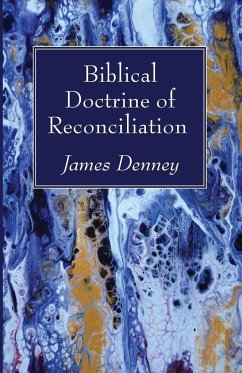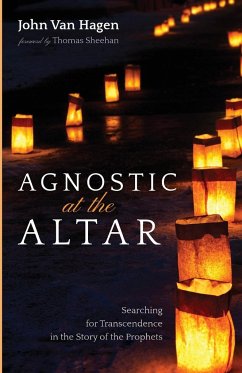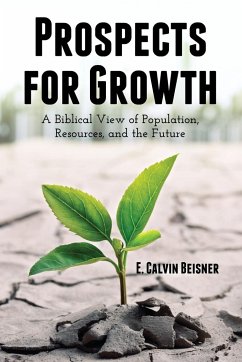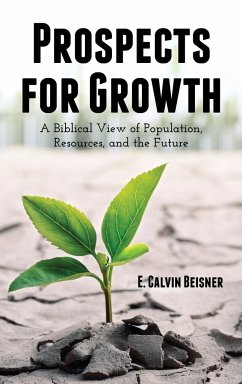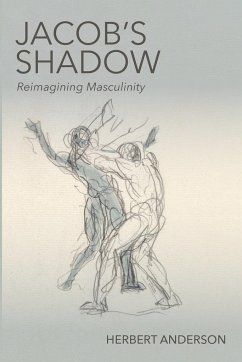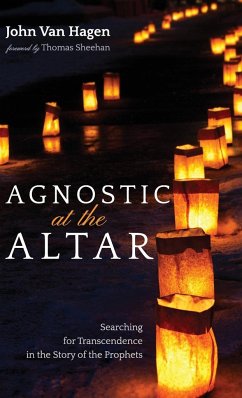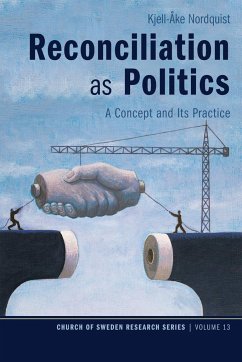""Reconciliation is a term of wide scope and various application, and it is hardly possible to conceive a life or a religion which should dispense with it. There is always some kind of strain or tension between man and his environment, and man has always an interest in overcoming the strain, in resolving the discord in his situation into a harmony, in getting the environment to be his ally rather than his adversary. The process by which his end is attained may be described as one of reconciliation, but whether the reconciliation is adequate depends on whether his conception of the environment is equal to the truth. Men may be very dimly and imperfectly conscious of the nature of the strain which disquiets their life, and may seek to overcome it in blind and insufficient ways. They may interpret it as physical in its origin when it is really ethical, or as the misapprehension of a moral order when it is really antagonism to a personal God, and in either case the reconciliation they seek will fail to give the peace of which they are in quest. Nevertheless, reconciliation and nothing else is what they want, and its place in religion is central and vital."" --From Chapter 1: The Experimental Basis of the Doctrine
Hinweis: Dieser Artikel kann nur an eine deutsche Lieferadresse ausgeliefert werden.
Hinweis: Dieser Artikel kann nur an eine deutsche Lieferadresse ausgeliefert werden.

